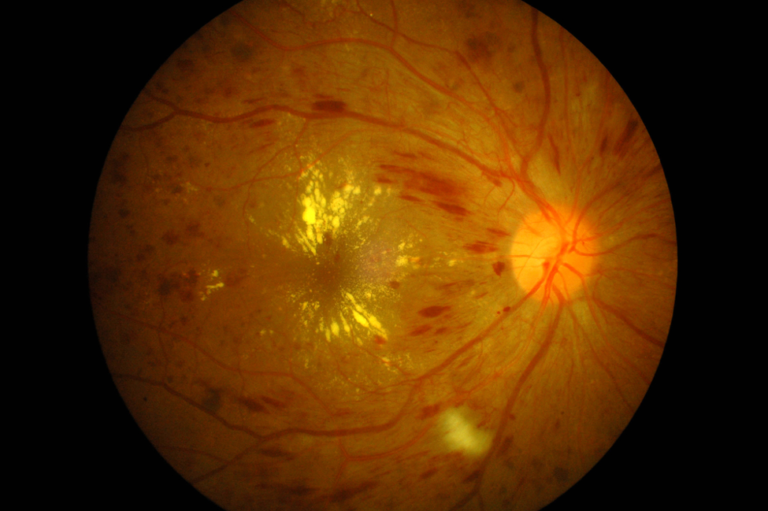
What Is Diabetic Eye Disease?
Diabetes can be challenging to manage on its own, but it can also make patients more likely to develop a variety of other health concerns. Diabetic eye disease refers to several possible secondary eye conditions that people with diabetes may develop, many of which CV Optometry can help you manage.
Patients with diabetes often find that this condition can make them more susceptible to developing a wide range of other health conditions, and eye problems are no exception. Diabetic eye disease is a broad term that encompasses a wide range of eye concerns that are linked to diabetes, such as diabetic retinopathy, diabetic macular edemas, cataracts, and glaucoma. Although not all of these conditions are necessarily the direct result of diabetes, they do tend to be more likely to be found in patients with diabetes.
Your overall risk of developing these conditions may be linked to the severity of your diabetes, and you also tend to be more likely to develop diabetic eye disease and other secondary conditions when you have had diabetes for a longer period of time. Smoking may also have a significant impact on your likelihood of developing diabetic eye disease and the severity of these eye problems.
Types of Diabetic Eye Disease
Diabetic eye disease is a broad term that may refer to a variety of specific eye conditions. Some of the most common eye problems that may be classified as diabetic eye disease include diabetic retinopathy, diabetic macular edemas, cataracts, and glaucoma.
Diabetic Retinopathy
Diabetic retinopathy occurs when the blood vessels in your retina leak, swell, or otherwise malfunction. This condition typically becomes more likely the longer you have diabetes.
Diabetic Macular Edemas
Diabetic macular edema occurs when your retina is covered with a buildup of excess fluid. This condition can lead to swelling, blurry vision, and potentially permanent vision loss if it is left untreated.
Cataracts
Cataracts are cloudy areas on your lens that make it more difficult to see clearly. Although cataracts are not always associated with diabetes, having diabetes can make you more susceptible to developing them. Significant problems with your blood sugar can also cause you to develop more severe cataracts than what the general population might experience, which means that you may be more likely to experience cataracts that are permanent or require surgery to correct.
Glaucoma
Glaucoma is a type of damage to your optic nerve that can lead to permanent vision loss. Although anyone can develop glaucoma, people with diabetes are approximately twice as likely to develop this condition as the general population.
Preventing and Treating Diabetic Eye Disease
The specific treatment options that are likely to be the best fit for you largely depend on the type of diabetic eye disease you have. Finding these problems as early as possible plays an important role in ensuring that you are able to begin treatment quickly, but it is also helpful to understand the relationship between managing diabetes and your likelihood of developing secondary conditions in the first place.
Patients that are able to keep their blood sugar and cholesterol under control, prioritize eating a healthy diet, and exercise regularly frequently experience less severe diabetic eye disease if they develop eye problems that are linked to diabetes at all.
Although regular eye exams are always important, being proactive about caring for your vision is even more essential if you have been diagnosed with diabetes. Contact CV Optometry today to learn more about how we can help you identify early signs of diabetic eye disease or to schedule an appointment!






